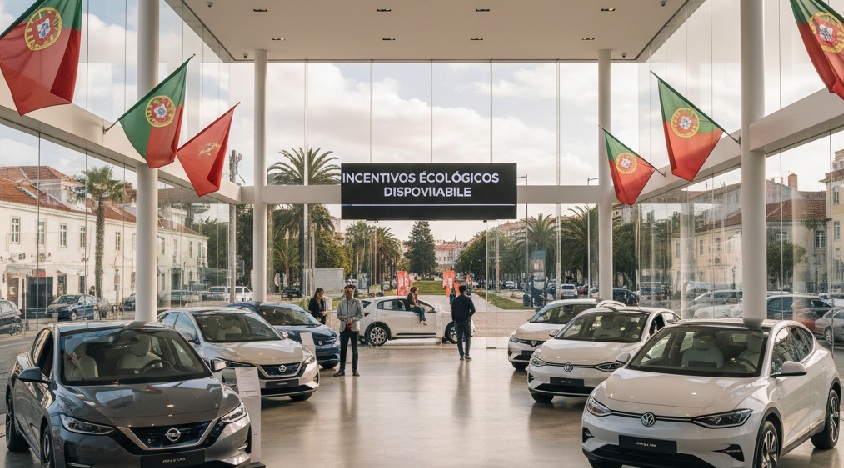In September 2025, Portugal achieved a remarkable milestone in the transition to electric mobility, with nearly 30% of all new car registrations being electric vehicles (EVs).
According to recent data from the European Automobile Manufacturers Association (ACEA), 29.3% of newly registered vehicles in the country are fully electric (BEV).
The large share of electric vehicles (BEVs) is a strong indicator of Portugal‘s dedication to transforming its transportation system.
Alongside the 29.3% share of BEVs, plug-in hybrids also contribute significantly to the transition, comprising 18.3% of all new car registrations.
As of September 2025, the distribution of newly registered vehicles by engine type reveals the following breakdown:
“This data contrasts with that of Spain, but it demonstrates that the shift to electric mobility is possible in Southern Europe,” says Daniel Guardado, CEO of coches-electricos.org.
“The transition to new mobility is evident in countries such as Norway, Denmark, Germany, and the United Kingdom. It is often argued that these countries have the economic means to make the change.
However, Portugal breaks all these theories and proves the opposite,” he adds.
Fernando Calleja Banderas, Sales Director for Spain at EVBox, also shares his perspective on Portugal’s transformation.
He points out that while Portugal was once viewed as a quaint, somewhat outdated country, it has now taken a giant leap forward in many areas, including urban planning, mobility, and quality of life.
“Progress does not always depend on the size of the country, but rather on the consistency with which decisions are made,” he states.
Eduardo Gomez Martin, a consultant and speaker on mobility, credits Portugal’s success to a coherent strategy that blends incentives, infrastructure, and product availability.
This strategic approach has been instrumental in overcoming barriers to the widespread adoption of electric vehicles.
In contrast, Spain is still facing challenges related to a lack of a unified vision between government, manufacturers, and mobility operators, which has hindered its progress in this area.
Portugal’s rapid adoption of electric vehicles demonstrates that a shift towards sustainable mobility is possible in Southern Europe.
With the right commitment, infrastructure, and public policy, other countries in the region can follow in Portugal’s footsteps and make similar strides towards a greener future.
The large share of electric cars is a strong indicator of Portugal’s dedication to transforming its transportation system. Alongside the 29.3% share of BEVs, PHEVs also contribute significantly to the transition.
Sbow lanza iFlex, un cargador portátil de alta potencia que permite desplegar infraestructura de recarga ultrarrápida en cualquier momento y lugar, sin necesidad de conexión a media tensión ni obras de instalación.
The first application round offers a budget of €78 million, expected to subsidise approximately 1,100 zero-emission trucks. A second round of applications is planned for later in 2026.
Your email address will not be published.












